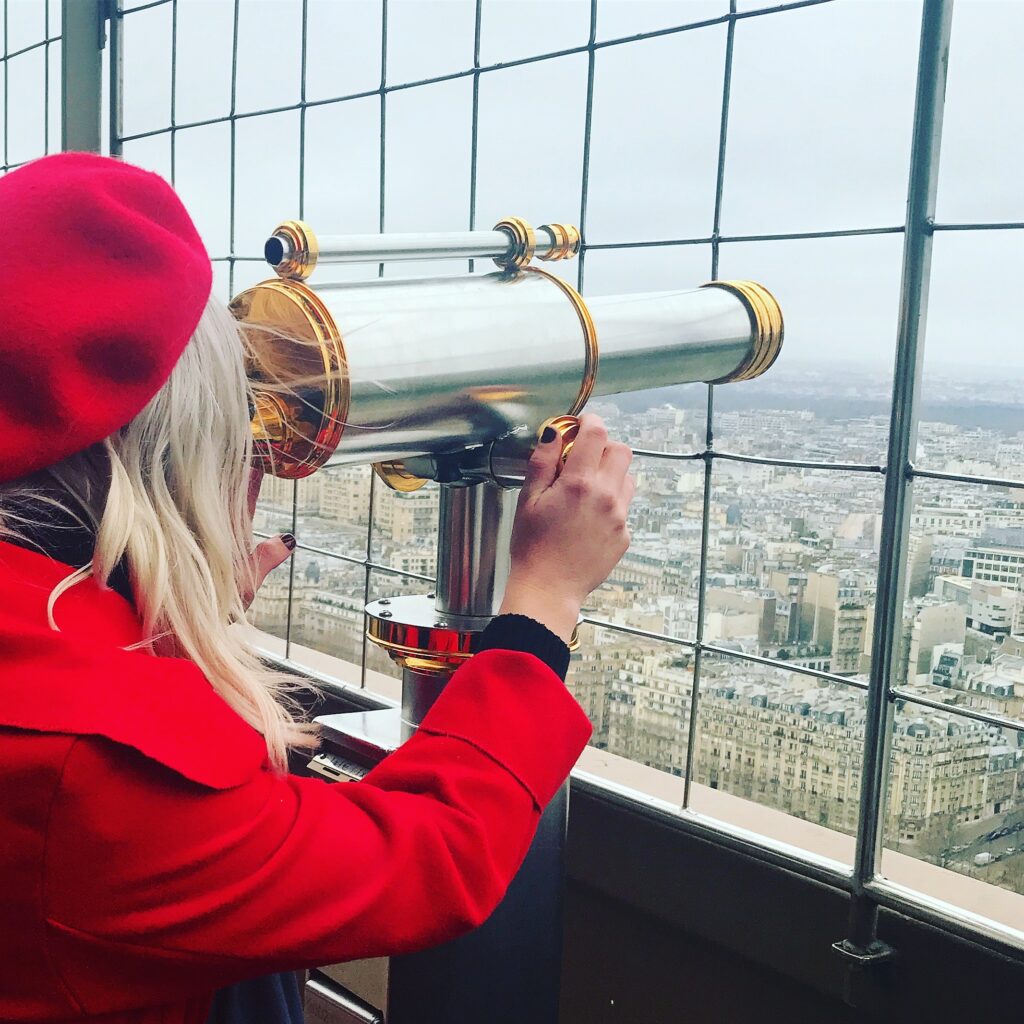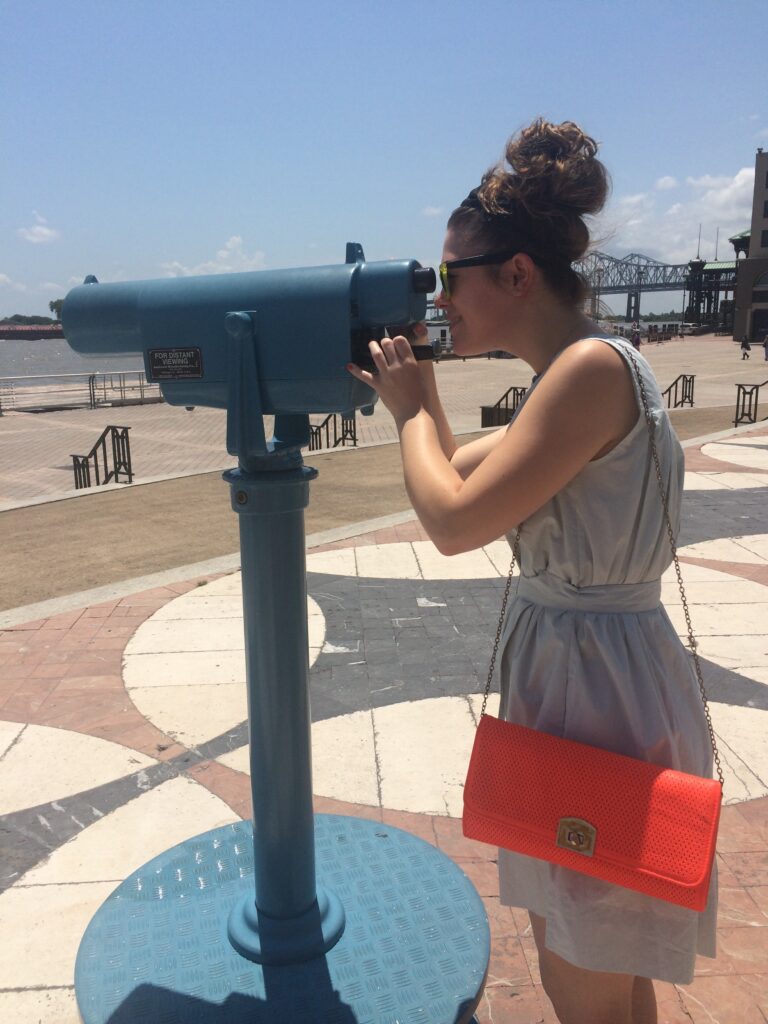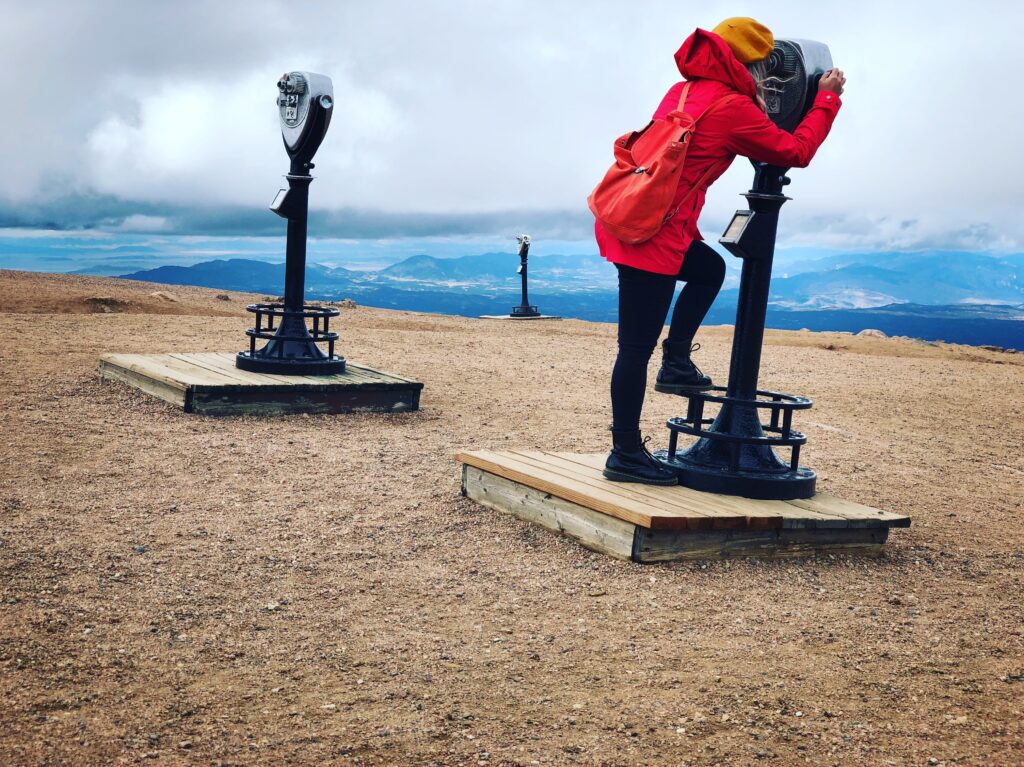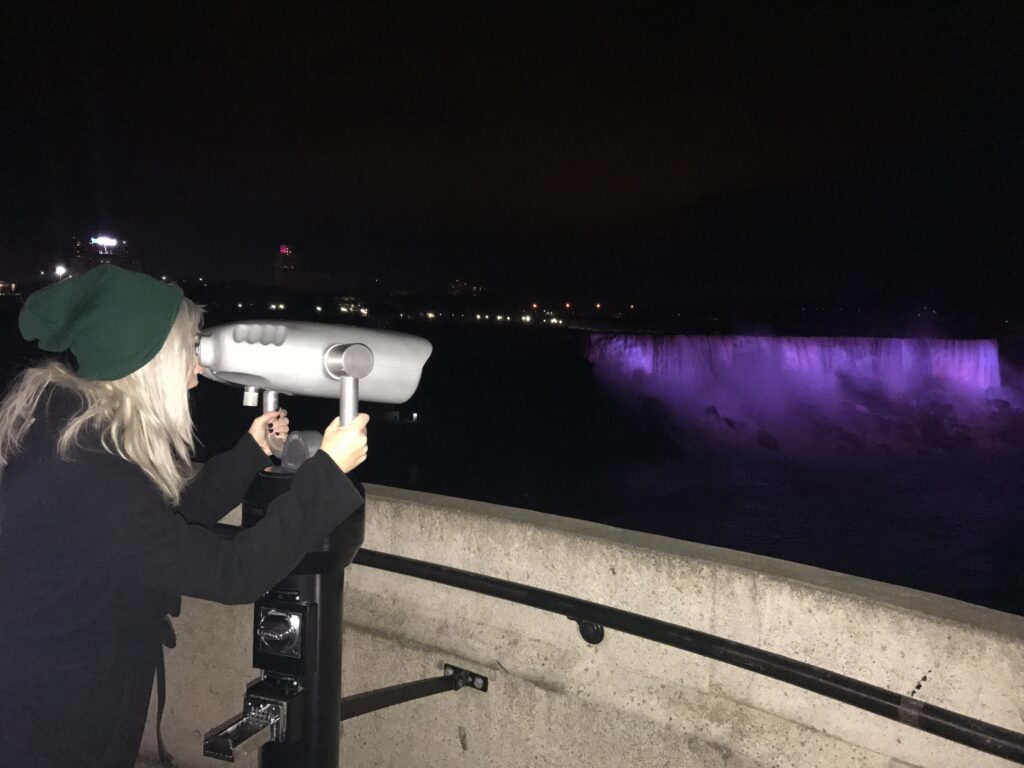You’ve probably heard the saying, “We are our own worst critics.” But have you ever stopped to think about the tools you’re using to do it?
When you look at yourself, it’s with a “microscope”. You scrutinize every pore, every hair, every so-called imperfection with the intensity of a scientist searching for flaws. You measure your worth in millimeters, convinced that the closer you look, the more you’ll see—and the worse it will get.

Yet when you look at others, it’s with a “telescope”. You stand at a distance, admiring the whole picture—their confidence, their beauty, their perceived perfection. You take it all in at once, assuming what you see is the complete truth. The more you admire from afar, the more unattainable their image seems. The further away, the easier it is to believe in the illusion of flawlessness.
Then, somehow, you expect to see the same thing in both cases. You expect the magnified version of yourself to stand up to the faraway version of others. You compare the zoomed-in details of your own face to the broad, sweeping view of someone else’s, and you wonder why you come up short.


In beauty and makeup, this plays out every day. You obsess over the tiniest crease in your eyeshadow, the slight unevenness of your lipstick, or the texture of your skin, and then you wonder why others seem effortlessly put together. But here’s the truth: they aren’t using a microscope on you. And neither should you.
Makeup isn’t about fixing microscopic flaws—it’s about embracing the big picture. It’s about enhancing what’s already there and remembering that no one is scrutinizing you with the same intensity as you scrutinize yourself. They’re seeing you from a distance, appreciating the overall image, just as you do when you look at them. What would happen if you traded your microscope for a telescope?

